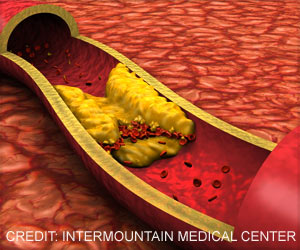A newly published recommendation to provide guidance on best practices for providing optimal care for patients as minimally invasive therapies are increasingly used to treat diseased heart valves.

"As these techniques continue to increase in use, we must promote consistent, best practices and standards of care for providers and institutions so that patients get the best possible care," said Carl L. Tommaso, MD, FACC, FSCAI, chair of the writing committee and medical director of the cardiac catheterization lab, NorthShore University HealthSystem Skokie Hospital, Evanston, IL. "These recommendations will help build and maintain programs centered on the best interests of patients."
A committee comprised of cardiac surgeons and interventional cardiologists developed the recommendations in response to the changing landscape of treatment for valve disease. There was a need to establish core competencies and technical skills required for providers and institutions who offer transcatheter treatment options to patients. The paper emphasizes the need for a multi-disciplinary team approach, involving both surgeons and interventional cardiologists with extensive knowledge and diagnostic skills related to valvular disease.
"Multidisciplinary teams have been shown to improve outcomes in complex procedures," said David A. Fullerton, MD, FACC, president of STS. "Working together to set the standard of care improves patient treatment and outcomes by building and maintaining quality, effective programs."
The document also provides a roadmap for the clinical experience and provider skills necessary for successful transcatheter programs. Operators, regardless of their specialty, should have a deep understanding of valvular heart disease, the ability to interpret echocardiographic and other radiographic images, use of 3D echocardiography and expertise in the interpretation of CT scans related to valve disease. Additionally, minimum requirements for individual providers should include an understanding of radiation safety needed for optimal imaging, exposure protection and knowledge of the use of x-ray contrast agents.
On the institutional level, the recommendations focus on facility requirements and procedural volume for both individual operators as well as new and existing programs. Each institution should have an active valvular heart disease surgical program with at least two institutionally based cardiac surgeons experienced in valvular surgery, and should have available a full range of diagnostic imaging and therapeutic facilities.
Advertisement
The authors stress that long-term outcomes reporting and participation in data registries are mandatory for existing and new programs to ensure accurate data collection on survival and complications as well as determination of risk and long-term durability of devices.
Advertisement
Source-Eurekalert







